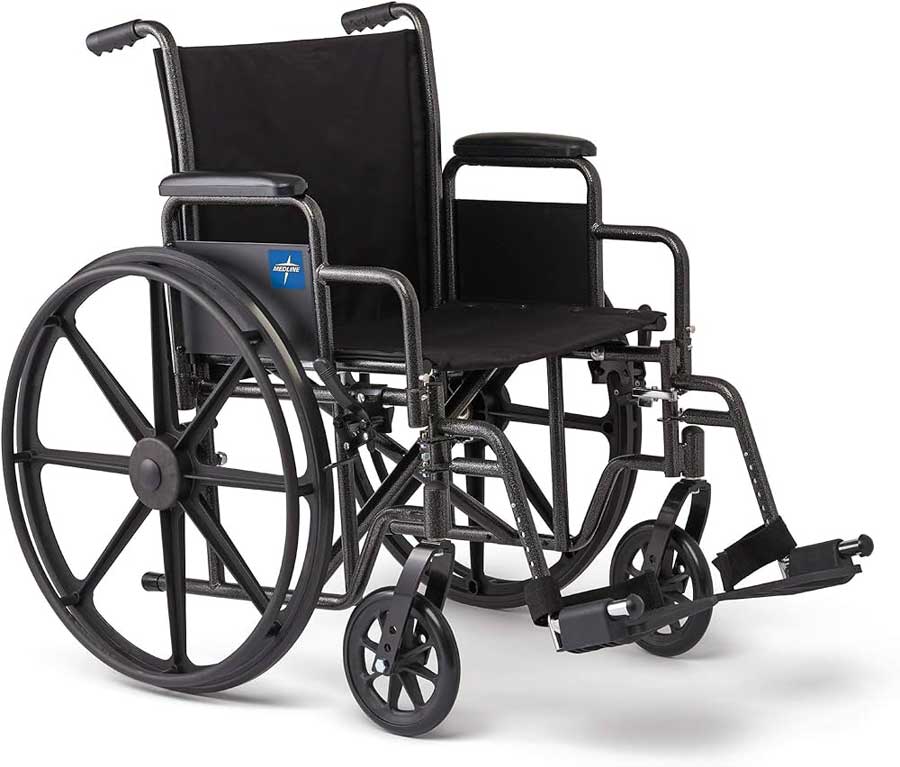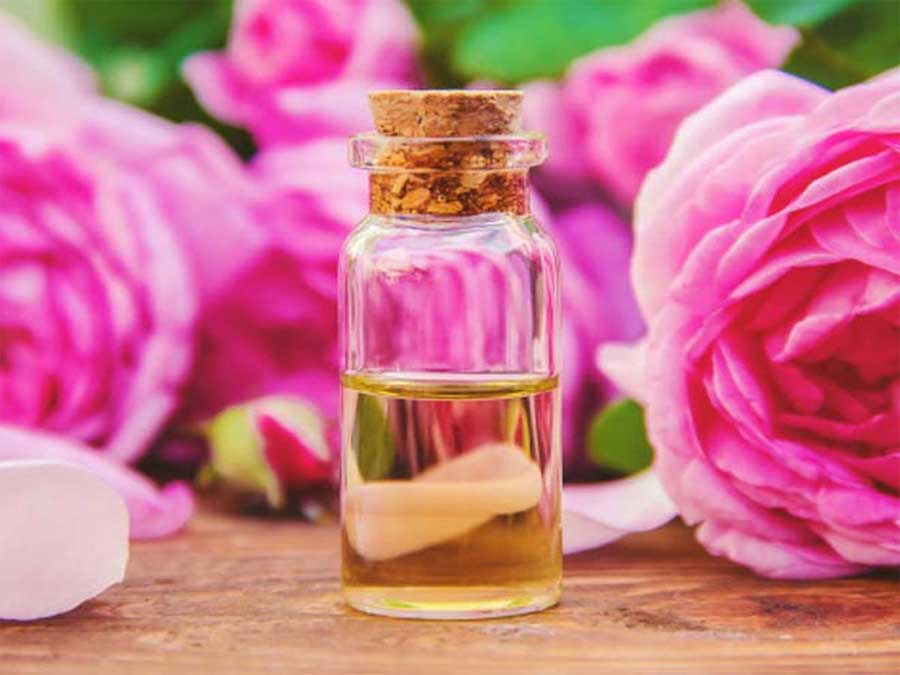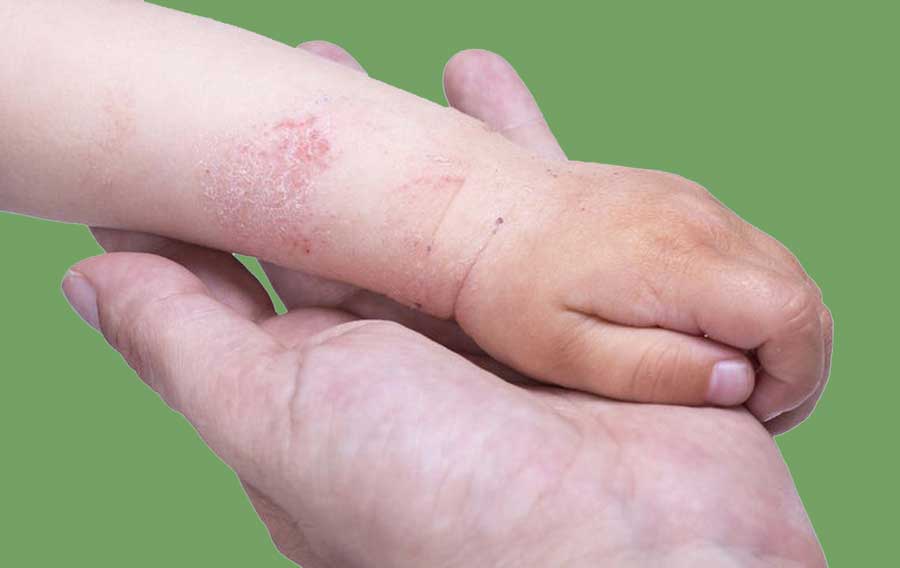The first thought that often comes to mind when thinking about your diet is how it will affect the health of your body. You probably know that too many fatty foods can have negative effects on your arteries, and carbonated beverages can cause digestive problems. But how often do you consider your dental health when making diet decisions?
Some foods and drinks that are great for your body may not be as great for your teeth, and some foods and drinks that are not as healthy for your body are beneficial to your oral health. Here’s how your diet affects your dental health.
Your Diet Affects Your Dental Health
Initial Contact
Although it may seem obvious, beverages and foods make direct contact with your teeth and gums. If you drink a sugar-filled soda, you are essentially coating your teeth in sugar. This sugar can eat away your enamel. If you frequently eat foods and drink beverages high in sugar content, you may develop a cavity.
Other types of foods and drinks may stain your previously white teeth or cause some health problems for your gums. The next time you are debating whether or not a sweet is worth it, make sure you also consider your dental health.
Taking Care of the Basics
Other than initial contact, your diet also interacts with your dental health in the same way it does with the rest of your body—it supplies nutrients. Four important vitamins and minerals essential to your oral health are Vitamin A, Vitamin D, Calcium, and Phosphorus.
When you eat foods high in Vitamin A, you help produce enamel and keep your gums in tip-top shape. Vitamin D fortifies the density of minerals in your body and plays an important part in making sure Calcium gets to your teeth.
Calcium will help make your tooth enamel stronger. Enamel is a core part of your teeth’s anatomy, so it is understandable why the most important diet needs of your teeth help maintain enamel in some way. The last nutrient, Phosphorus, reconstructs and defends your enamel.
Knowing what your teeth and gums need to be healthy is one thing. However, actually taking care of them is another. In addition to seeing a dentist who provides caring and welcoming service, try to implement some of these diet choices to make sure you ingest dental friendly minerals and vitamins and to avoid damaging your teeth.
Foods to Enjoy
If you want to increase your Phosphorous intake, try to eat meat, dairy, seeds, nuts, grains, and beans.
For Vitamin D, you can eat mushrooms, fatty seafood, and fortified cereals.
If you need more Vitamin A, you can incorporate fish, sweet potatoes, cheese, spinach, cantaloupe, broccoli, lettuce, and grapefruit into your diet.
For more Calcium, make sure you eat plenty of foods like beans, leafy greens, almonds, seeds, rhubarb, and dairy products.
Drinks to Enjoy
Water is probably the best beverage to consume for your whole body in general, but it is immensely important for your teeth. Water lacks the sugar found in almost all other drinks and helps to keep your mouth free of food and drink residue throughout the day.
Milk may not be great in large amounts. However, since it is a great source of Calcium and Vitamin D, it is a nutrient powerhouse for your teeth. If you like milk, try to have some every day.
Vegetable juices that are not chockfull of sugar are also a good drink option for your dental health. They contain many of the nutrients needed to keep your mouth healthy.
Foods to Avoid
Any food high in sugar or acidity levels should be consumed in small amounts. These include bread, sour candies, and citrus.
Also, try not to eat too many crunchy or chewy foods like potato chips, ice cubes, candy, and nuts.
Drinks to Avoid
The worst drinks are the ones filled with sugar. When you can, stay away from alcohol, soda, fruit juices, energy drinks, and sports drinks. Certain darker colored beverages can even stain your teeth, like coffee and colas, so avoid those options if you want to maintain a pearly white set of teeth.
Moving Forward
Everyone always says, “you are what you eat,” and oftentimes this rings true. Finding a balance in your diet can truly improve the health of your teeth and gums. So, do not forget to consider your oral health when planning your snacks, meals, and drinks throughout the day.









